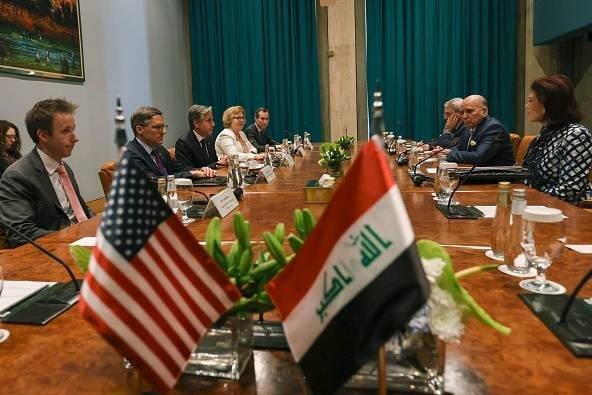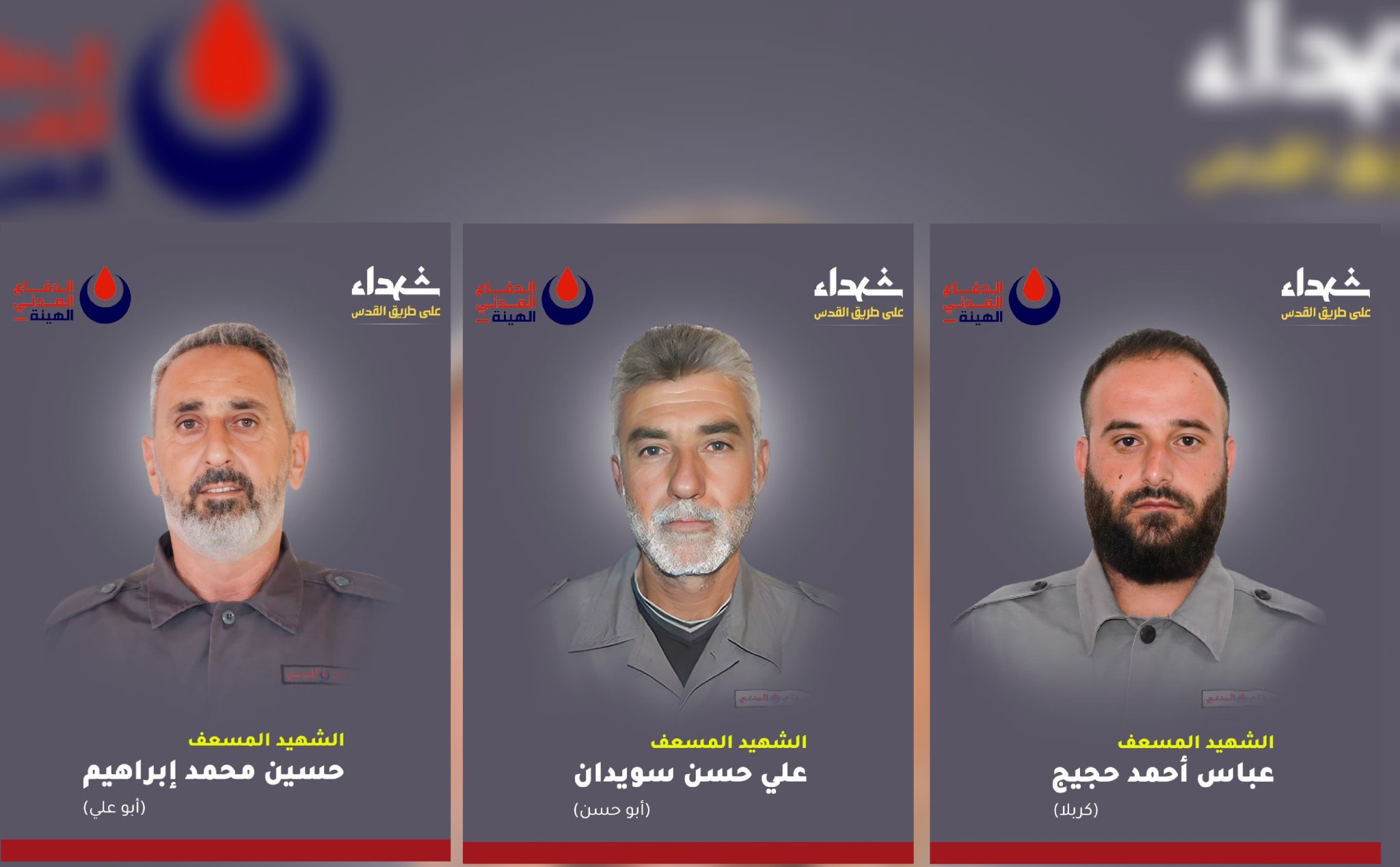
In a meeting with Iran’s Ambassador to Lebanon Ghazanfar Roknabadi in Beirut on Wednesday, Siniora, who is also head of Lebanese Future bloc, commended the Islamic Republic’s support for unity among all Lebanese factions and political parties.
After ten months of a political deadlock, Lebanon’s Prime Minister Tammam Salam announced on February 15 that a unity government had been formed.
Lebanese unity government includes both members of the resistance movement Hezbollah and the camp of former Prime Minister Sa’ad Hariri.
Lebanon had been without a government since Salam’s nomination last April due to divisions between Hezbollah and Hariri’s Future Movement Party over Syria.
Siniora further pointed to Iran’s position in the region, and said all Arab countries should expand their relations with Tehran.
Roknabadi, for his part, underlined the enhancement of cooperation between Iran and its neighbors, specially the Persian Gulf littoral states.
He added that the presence of heads and representatives of more than 47 Islamic countries, including 28 parliament speakers, in the ninth session of the Parliamentary Union of the Organization of Islamic Cooperation Conference (PUIC) in Tehran, indicated Iran’s close cooperation with all Muslim nations, particularly the Persian Gulf Arab countries.
The PUIC kicked off its meetings on February 14 and was wrapped up with the 9th session of its conference on February 19. The union is composed of the parliaments of the OIC member states.
Fighting extremism, challenges to democracy in Islamic nations, technical and scientific cooperation as well as the issue of Palestine are the main topics on the agenda of the PUIC meetings.
The PUIC was established in 1999 based on an initiative by Iran. It seeks to strengthen parliamentary cooperation among Islamic countries in order to solve challenges facing the Islamic world.



